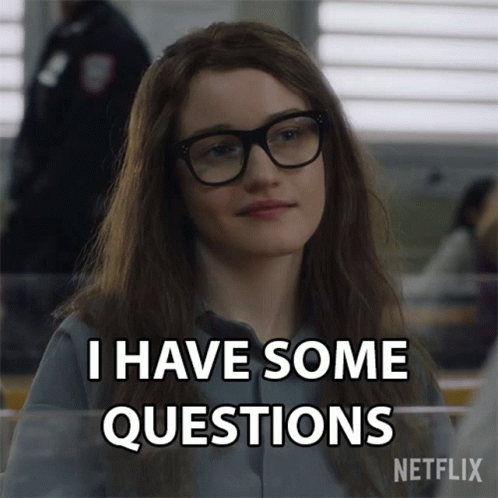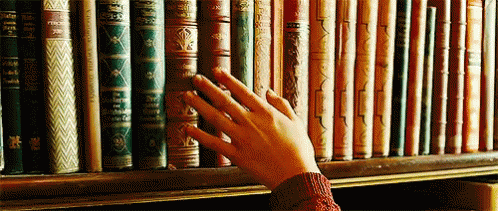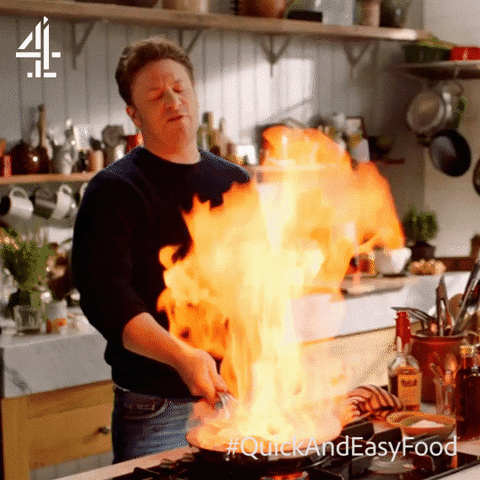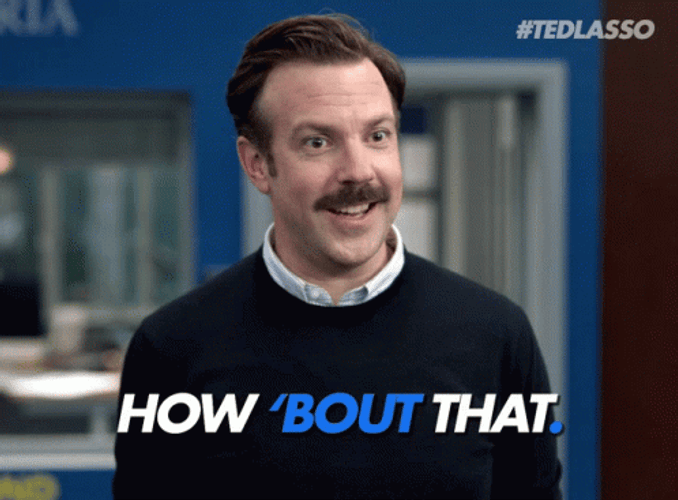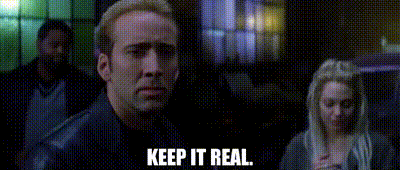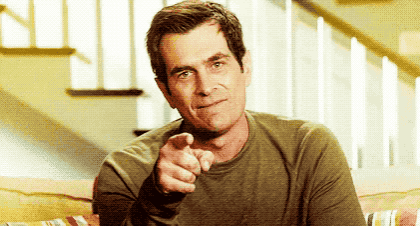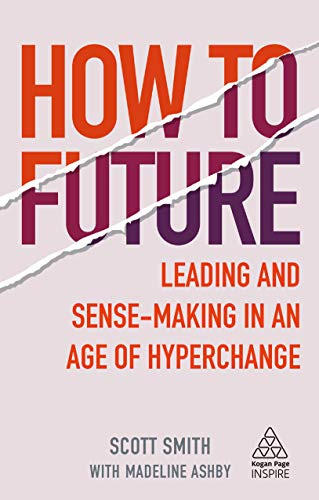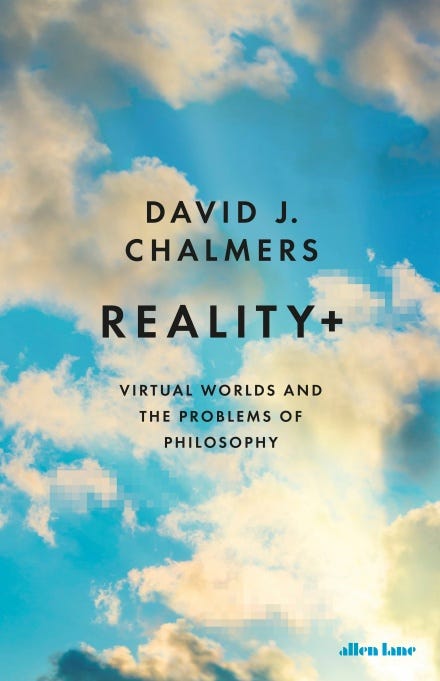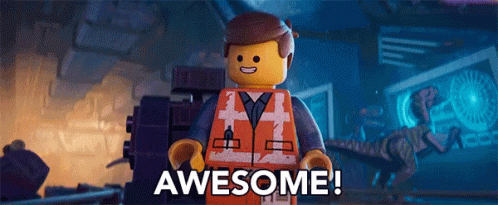🤓 The 8 biggest questions
My answers around sources of inspiration, strategies, authenticity, impact, entrepreneurship, coaching, reading tips and good marketing.
Hello 👋 My name is Florian Schleicher and this is the FutureStrategies newsletter from FutureS. I'm glad you're reading along 💚 If you want to learn strategic marketing, my Simple & Sustainable Marketing Academy is just right for you.
Two weeks ago, in celebration of 500 readers, I asked you what topics concern you the most.
Today I'm answering the eight questions I received.
Here we go:
1️⃣ Andrea: Where do you get inspiration for your marketing work? How do you come up with new ideas?
For me, it was always clear that I always wanted and needed to be up to date, especially in marketing. But since I work strategically, that doesn't mean for me that I have to know the latest functionalities of Instagram. Rather, that's what my work is about,
understanding what makes people and target groups tick, what drives them and what problems they have, has a lot to do with market movements, trends and psychology,
how organizations and brands can address it, i.e., strategies, models, and best practices; and
inspirations and ideas to close this gap.
I get a lot of this from books - specialist literature on marketing, strategies, trends, but also novels, because they inspire me to come up with new ideas.
I'm also a fan of newsletters myself and have a mix of about 15 thought leaders whose posts I read weekly that help me get on new tracks - like The Brain Itch, Digital Native, or Creative Destruction.
And last but not least, over the past few years I have built up a network of interlocutors whose opinions I value highly, who give me new ideas or challenge me. So I also invest every week in the exchange with these bright minds and some have already contributed here with an interview.
2️⃣ Markus: I have a question about the development of a marketing strategy. Where should you start, and when should you stop? Because there are so many different frameworks such as personas, jobs to be done, and golden circle, etc. You quickly lose the overview. That's why I also ask myself the question of when one is ready to start communication operatively.
Wow, there's a lot in that question. So first of all - what do I start with in my work around marketing strategies?
For me, a successful strategy starts with a diagnosis. That is, an understanding of the market, target audience, trends and our own company. We need to understand what the current situation of our brand is.
Once we have identified here what we can build on, the next step is for me to lay down guidelines in the form of vision and goals. This is our view of the future - where we want to develop our brand.
And then we derive coherent measures from that. In other words, the mechanics, campaigns, channels that help us achieve the guidelines.
After the third step, companies are ready to start operational communication on a strategically sound basis. Unfortunately, it usually happens the other way around and many brands communicate without a plan. Why? Because the first part is a lot of work.
But it's like cooking for me. If I have little idea about cooking, then cooking without a recipe is a gamble. And it's the same with marketing without a strategy. It can work, but more often than not, valuable resources are wasted.
I also explained this process in a live event that is still available for review (in german).
Second question: What frameworks do I use in my work?
I know there are thousands of models out there and often it is hard to see the forest for the trees. I work according to Richard Rumelt's strategy model described above and have supplemented it in the individual areas with tools such as the Super Hero model and the Golden Circle.
3️⃣ Amal: What do you enjoy most in your coachings?
Wow so much! I just really enjoy working with people who want to get ahead. Most of my marketing coaching clients come to me because they have challenges in an area of their company or they see that there is a potential that they are not yet using.
My sessions are often about giving clarity about the right orientation path, the right strategy, channel selection or communication messages.
I really enjoy solving new challenges and problems together. I have the greatest joy when my clients have “AHA” moments in the coaching sessions and an idea sparks and a problem transforms into a solution.
And when, after a few sessions, we see that there are effects - i.e. marketing successes, sales continuously increasing, reach growing, processes running more smoothly or an idea being implemented - then that makes me proud to know that I made a small contribution for that to happen.
4️⃣ Jasmin: What do young sustainable brands in particular have to pay attention to in marketing in order to appear authentic?
Exciting question. Many of my clients are just that: young, dynamic and sustainable start-ups. Authenticity in communication always comes about when brands manage to show the "genuineness" of their content and aspirations - in other words, they are tangible.
The first step to this is to recognize ourselves as we are - as a person and as a brand. A clear self-image that ideally strongly matches the external image (the image others have of us).If we know who we are and what we stand for then we can think about which of these aspects we want to focus on to reach our goals and target groups.
Again, it all starts with the diagnosis (understanding), then the guidelines (vision and goals) and in the third step, brands can then plan how they actually want to present and communicate themselves.
5️⃣ Richard: You write a lot about impact marketing - but how can marketing concretely help shape a good and sustainable future?
That's an important question you bring up. Marketing has a great responsibility for our future. I also talked about this with Reinhard Herok here, for example.
I believe there are several ways out of the climate crisis. And the strongest lever we have is the story we tell.
Rebecca Solnitt has written a great article in the Guardian about this very topic and writes that we first have to acknowledge our current situation and accept how interwoven our world is.
In the second step we have to accept our responsibility and develop solutions that respect our nature, create regulations and international agreements that protect what we need to live.
For me, that is impact marketing.
A very simple marketing example for agencies, freelancers or employees:
Do we want to help companies greenwash? Or are we part of the solution, working together, using our creativity and continuously educating ourselves and our clients?
So it's also about which customers, employers and projects we spend our time on.
6️⃣ Jonathan: I'd love to hear more about your experience as an entrepreneur and founder. Can you tell me more about it?
A very broad question. I'll just share my three biggest learnings from my first year:
(a) The value of the past - I realized how important and helpful not only my 15 years at big companies like McDonald's, Greenpeace or Too Good To Go was for my experience, but also how much I benefit from my contacts, colleagues and acquaintances now. This is my network and I am happy to have a circle of several inspiring people there now, who helped me to complete my first year successfully.b) Focus, focus, focus - in the first 9 months I built up an extremely large amount and jumped from one topic to another, offered a colorful bouquet of projects and danced on and with many balls. This cost me a lot of energy and I learned that if I focus more on content - like the last few months - target my niche more specifically and set a clear focus on what projects I want to implement and what I want to achieve, I move forward much faster. So less is often more.
c) Freedom and responsibility - I really enjoy being able to decide for myself when, with whom and for whom I work. Being self-employed gives me a lot of freedom, which inspires and motivates me. At the same time, it's a very different feeling to now be solely responsible for my own financial situation. For me, the step towards becoming an entrepreneur came with highs and insecurities, often in an almost schizophrenic relationship. It has done a lot with me that I now have this responsibility for myself, and since the beginning of this year also for my first employee Ronja. Almost like growing up 2.0
7️⃣ Jane: What book are you reading right now that you can recommend?
I am currently reading 2 books in parallel:
8️⃣ Casper: What is a brand for you that is doing really good marketing right now?
I'm very inspired by LEGO's work right now. It's an old brand that in recent years has managed to actively address and engage a whole new target group: Adults.
The beauty of it is that it also breaks the taboo of "adults don't play anymore".
Thanks to everyone who participated in this little special - thanks for your questions and if you want to know more, just feel free to reply back here 😊
Thanks for reading along!
PS: You can also read this posting in German.
Looking for more reading material?
✅ Green marketing with strategy - What does it take for strategic green marketing and which companies are doing a good job?
🛍 The trend towards reward consumption - Why we are rewarding ourselves more and more, what this has to do with Miley Cyrus "Flowers" and how we can work with it in marketing.
📚 3 books, 2 newsletters, and 1 podcast - Content that inspired me last year.
🧩 4 simple steps for successful storytelling - Why do stories exist? What contribution do they have to strategic marketing today? And how do we tell them best?


